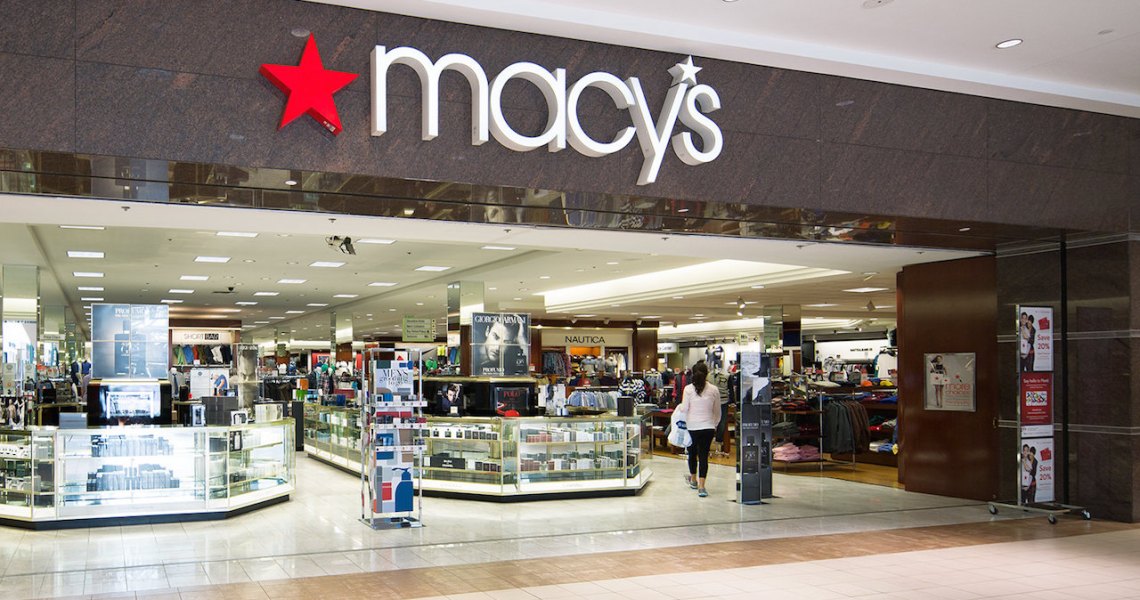Two weeks ago, when coronavirus was in full swing but brands were still feeling hopeful, a number of players in the fashion industry made several large changes to their business with the optimistic timeline of two weeks — two weeks of store closures, two weeks of full pay for retail workers, two weeks of reduced e-commerce presence.
It shows just how quickly the coronavirus has upended the fashion world, leaving companies little time to react and with shifting information that makes concrete decision-making difficult. Now that those two weeks are up, retailers don’t have an answer for when they will open stores again, but they’re certain that it will be some time before any semblance of normality exists.
On March 20, TJX, the parent company of TJ Maxx, Marshalls and HomeGoods, among others, announced in a letter from CEO Ernie Herrman that it would temporarily be closing both its brick-and-mortar stores and online stores for all brands, with an intent to reopen in two weeks. In an updated statement on Apr. 1, Herrman said he’s extending closures indefinitely and extending pay for all employees until Apr. 11.
Another important-two week promise was made on Mar. 16 by Macy’s in negotiations with the Retail, Wholesale and Department Store Union, which represents 6,000 Macy’s employees at a number of closed stores, including the company’s Herald Square flagship. The union negotiated provisions for the thousands of furloughed union employees, including continued benefits. But crucially, those initial benefits only extended for two weeks.
“[Three] weeks ago, we negotiated historic provisions for workers that expire on Apr. 1,” said Stuart Applebaum, president of the RWDSU. “Critically, it included plans to negotiate future terms, which we are still doing. Macy’s needs to do much more for its employees than what they have announced so far, and we are pushing them to do that. They will be judged in the future by how they treat their employees now.”
Nordstrom made a similarly optimistic promise, saying that it would close stores for two weeks on Mar. 17. Its stores are still closed, and one of its fulfillment centers — which was closed last week, even though other centers are still open, due to an employee testing positive for coronavirus — remains closed. Macy’s, Kohl’s and Gap have all extended their originally finite closures to indefinite closures.
Other brands have come to the difficult but at least realistic conclusion that they probably do not have the ability to continue to pay employees indefinitely while stores are closed.
Ad position: web_incontent_pos1
Everlane took a massive amount of public flack after it promised employees that they would continue being paid while stores were closed, but a few days, later the company laid off dozens of customer experience employees and retail employees. Sephora also planned a two-week store closure with every employee remaining paid, only to extend the closure indefinitely and abruptly lay off thousands of employees in a terse conference call.
Buzzfeed News reported that brands like Ann Taylor and American Eagle received public praise for promising to pay employees for the two weeks that their stores would be closed, but that the wording of those promises was deceptive. They would actually pay employees for scheduled shifts, and with stores closed, there would be no shifts to schedule, meaning those employees didn’t actually get paid much, if at all.
None of the retailers mentioned in this story responded to request for comment on store closures or layoffs, but a recurring refrain in many of the public statements they’ve made, from Everlane to Macy’s to Sephora, is that the decision to furlough employees and close stores is “the hardest one [they’ve ever made.]”
So what do these retailers do now? Most of them don’t have concrete plans. Nordstrom’s most recent statement said it’s extending those closures until at least Apr. 5. But now that the full scope of the coronavirus crisis is clearer, some in the retail world are hopeful that even with a dire outlook, more realistic plans can be made.
“If I look back at emails I sent two weeks ago, it was like living in a totally different universe than the one we’re in now,” said Scott Stuart, CEO of Turnaround Management. “I think, now, if someone said things will be back to normal in two weeks, we can safely say that’s unrealistic. With seemingly most of the world in some sort of lockdown or shelter in place, I think everyone realizes that even a modicum of normalcy will not be returned to for some time.”
Ad position: web_incontent_pos2
But when people’s livelihoods are on the line, it’s probably better to be cautious with concrete statements, said retail analyst Ken Morris.
“It is better to under-promise and to over-deliver in these extraordinary times,” Morris said. “Nobody knows for sure what will happen. I had retailers tell me today that they plan on following the timeline in Asia, where businesses are starting to reopen, but we have not tested or quarantined the way they have. I believe there will be chapter 11 fallout from this, so the first instinct for a retailer is to survive, and that unfortunately may spell layoff and furlough for their employees.”




